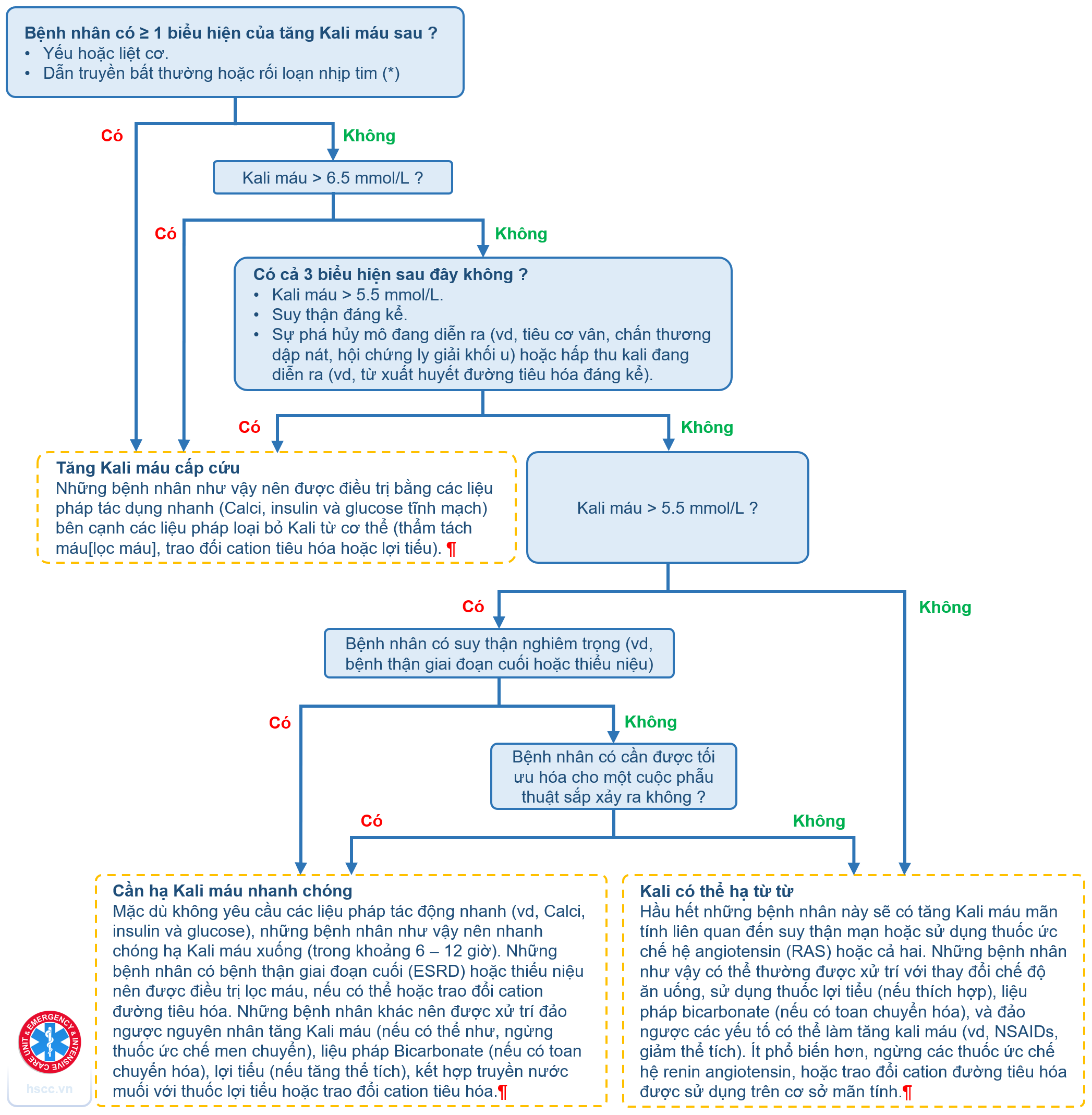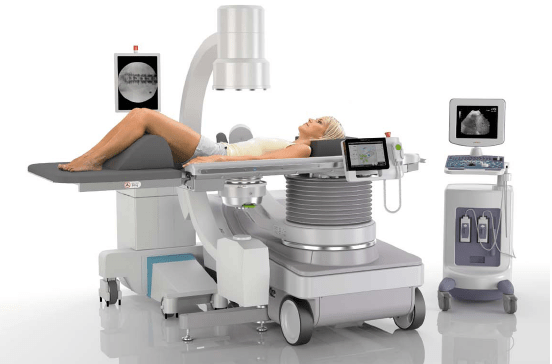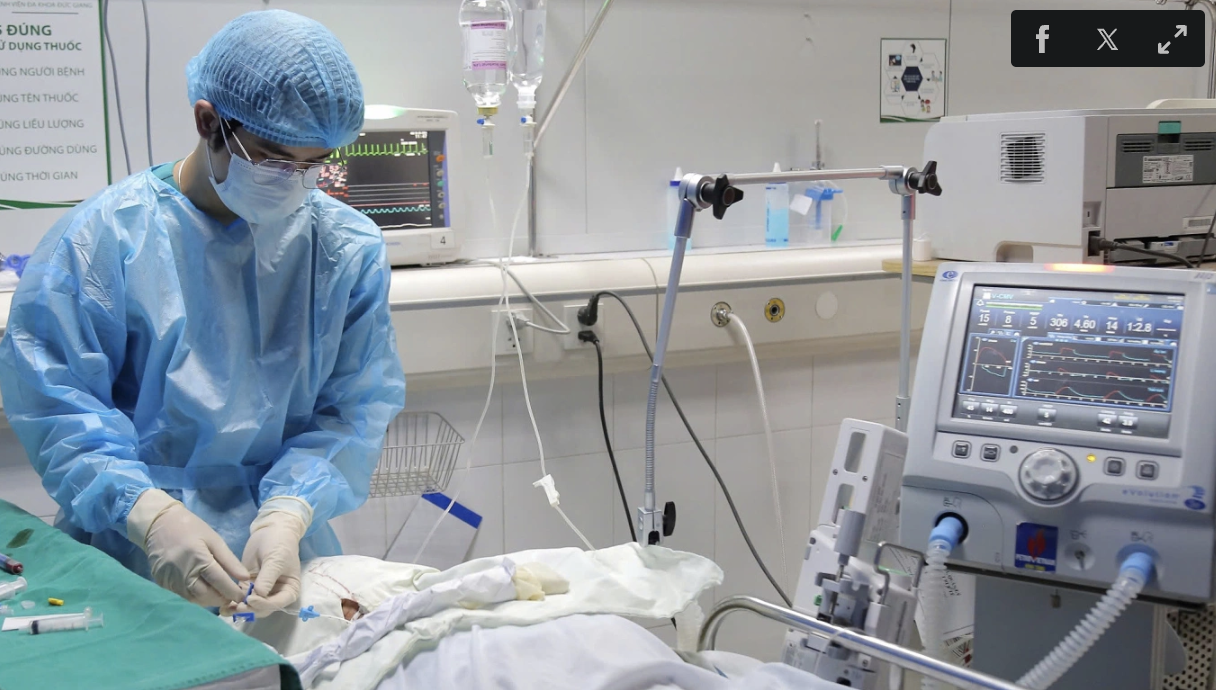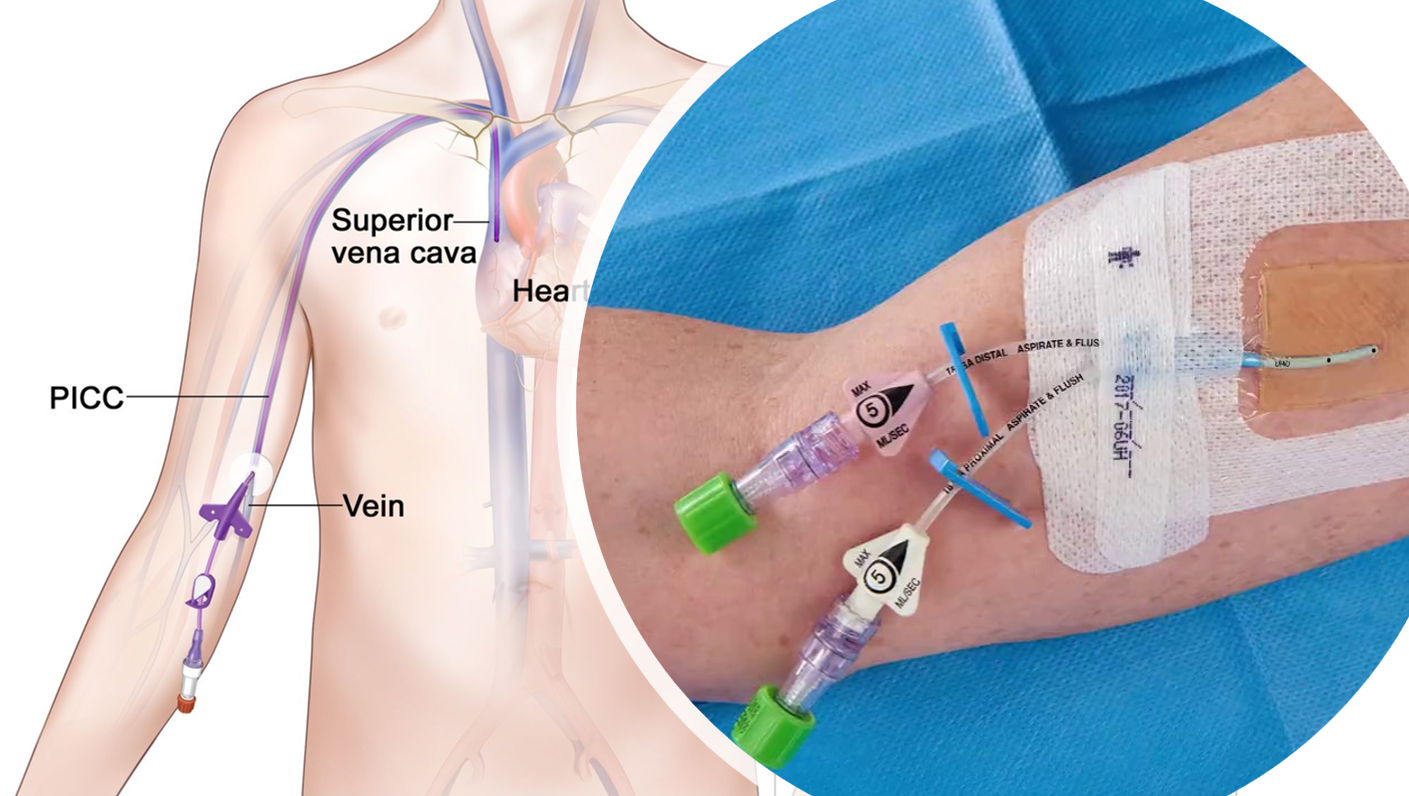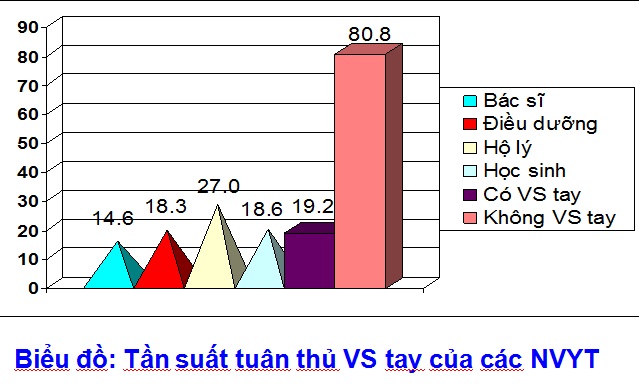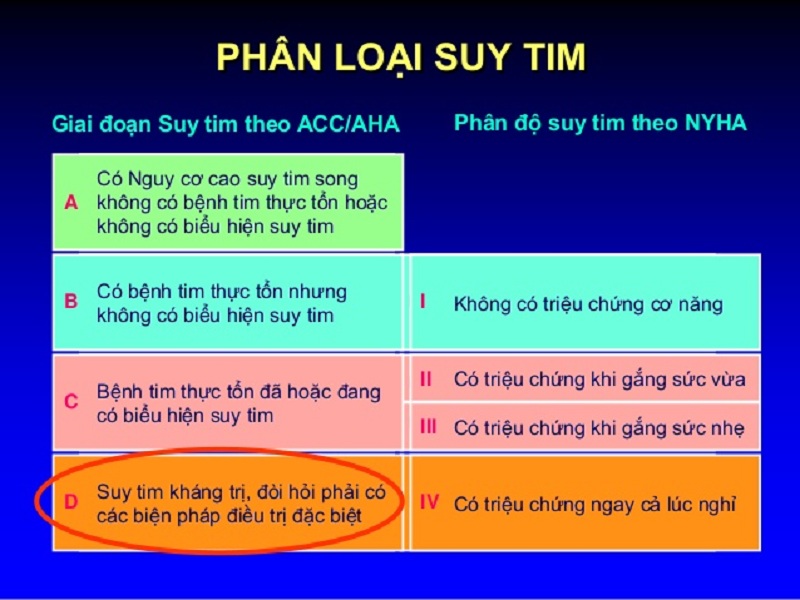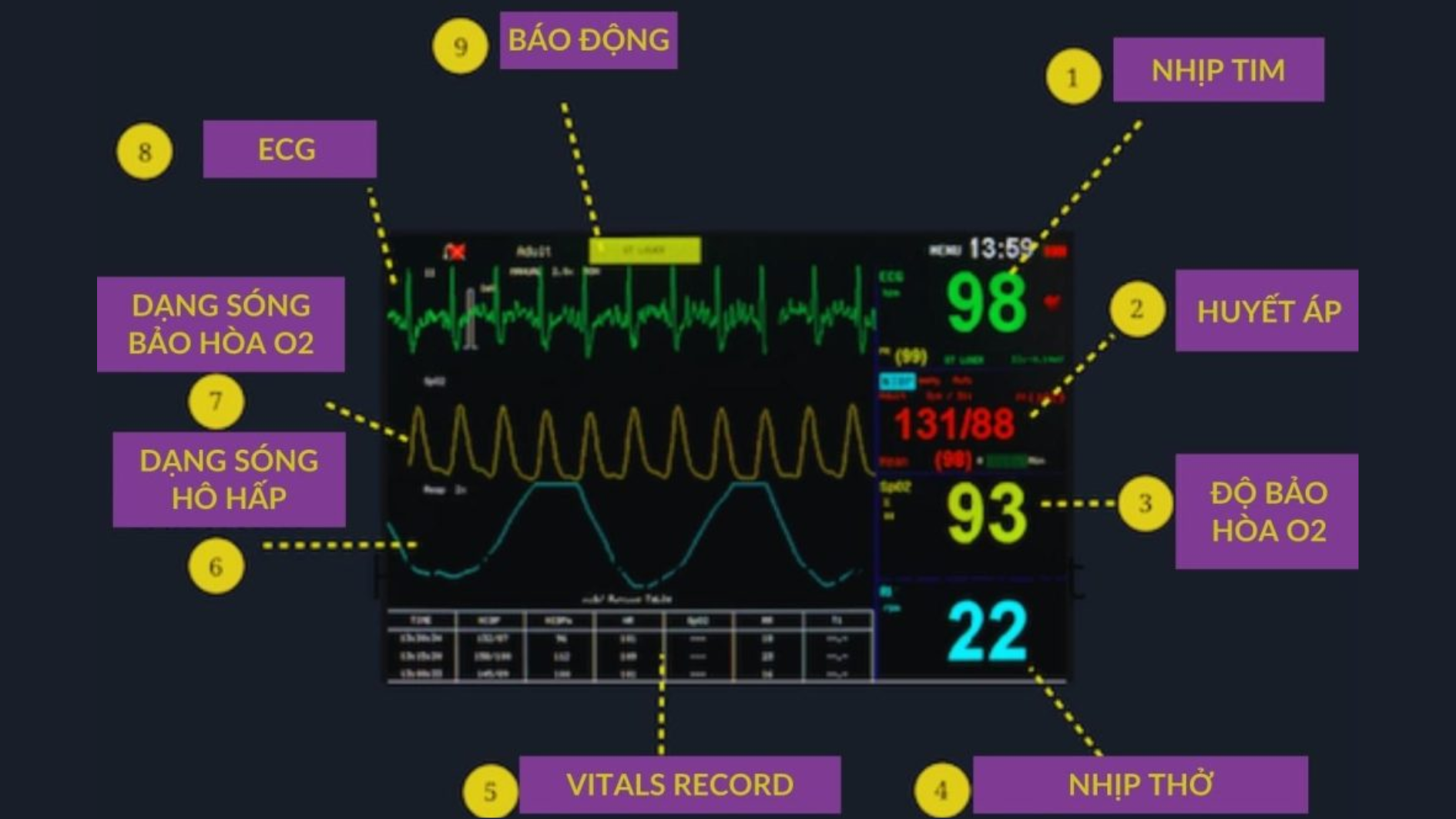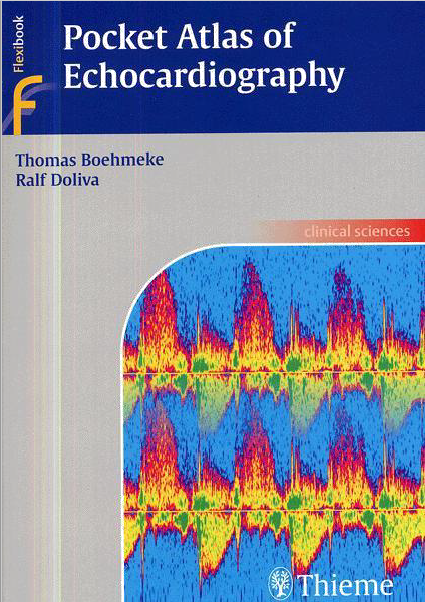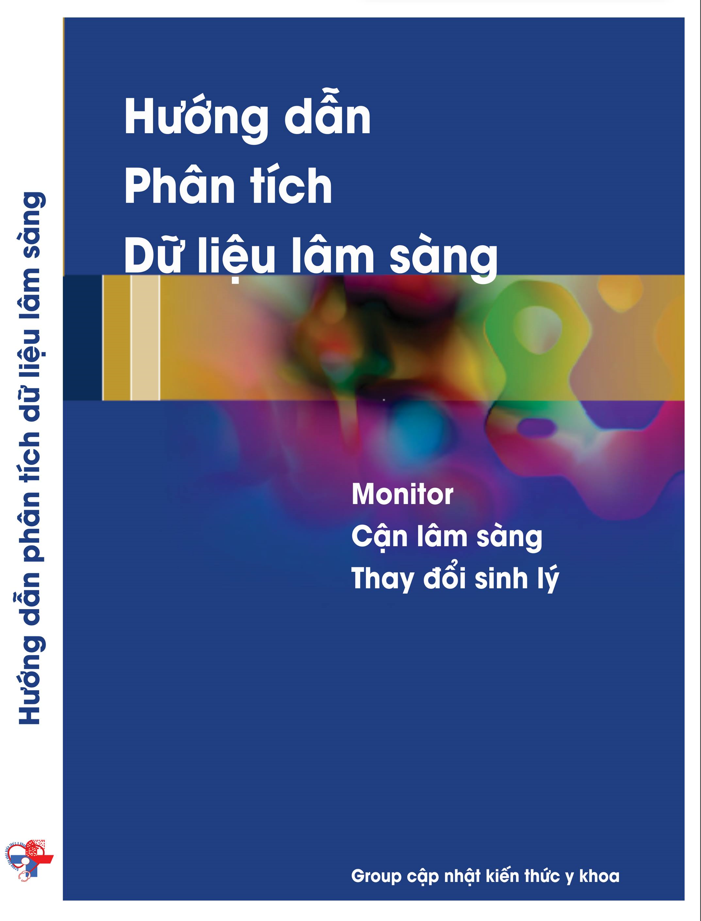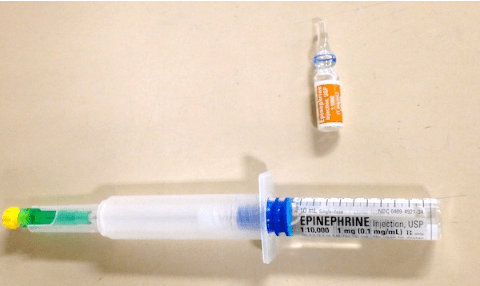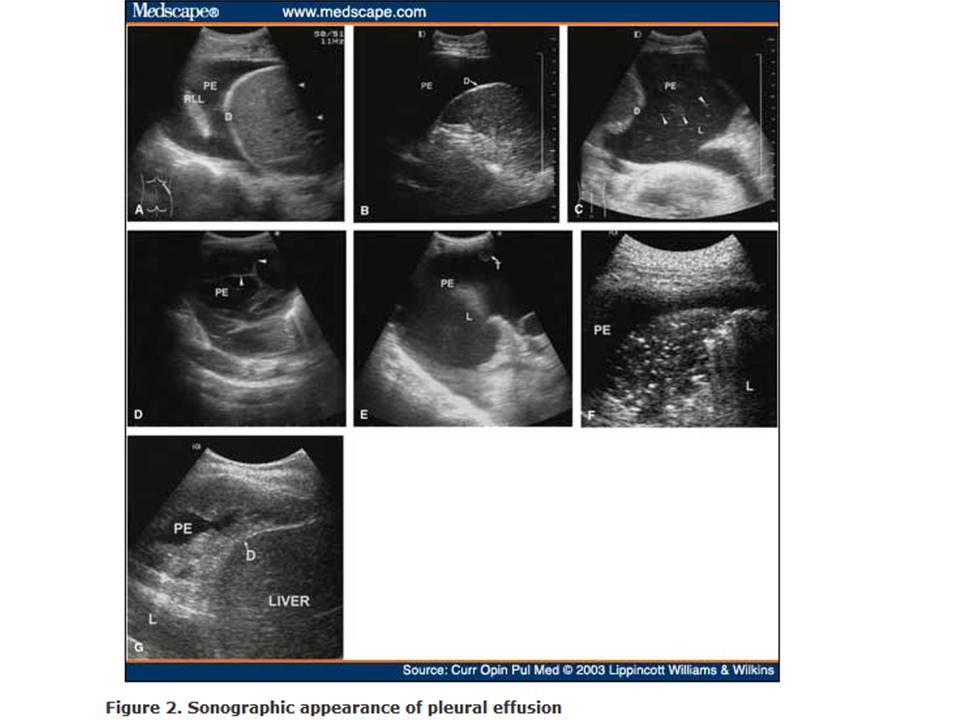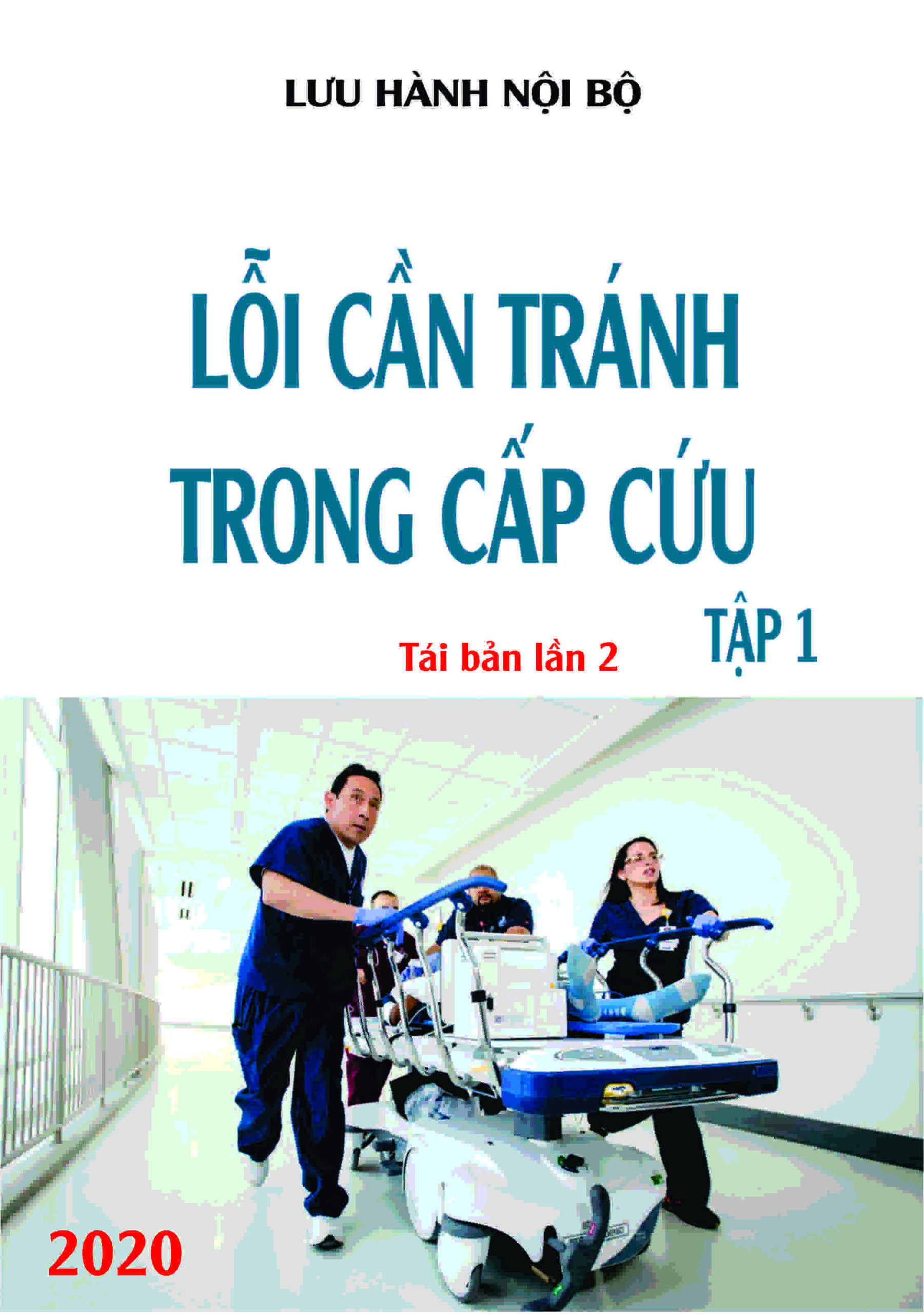
Cai rượu kháng benzodiazepine
Hội chứng cai rượu nặng (AWS) chỉ chiếm 10% trong số khoảng 500.000 ca AWS hàng năm cần điều trị bằng thuốc. AWS được đặc trưng bởi sự mất cân bằng giữa việc ức chế GABA và kích thích thụ thể NMDA thứ phát do uống ethanol kinh niên. Việc điều trị thường tập trung vào việc chăm sóc hỗ trợ và các thuốc chống trạng thái kích thích. Tuy nhiên, một số bệnh nhân kháng với các thuốc benzodiazepine, được định nghĩa là> 10 mg lorazepam hoặc tương đương trong 1 giờ hoặc> 40 mg lorazepam hoặc tương đương trong 4 giờ. Liều vượt ngưỡng này ít có lợi và làm cho bệnh nhân tăng nguy cơ tử vong, suy hô hấp, toan chuyển hóa tăng áp lực thẩm thấu
Lựa chọn thuốc khác thay thế benzodiazepine?

Bằng chứng cho mỗi loại thuốc này?
Phenobarbital
296 bệnh nhân
Nghiên cứu RCT phenobarbital 10mg / kg so với giả dược (+ lorazepam cho cả hai nhóm) cho thấy giảm đáng kể tỷ lệ phải vào ICU và không cần dùng lorazepam liên tục
Propofol
225 bệnh nhân
– 5 nghiên cứu hồi cứu [3 – 7]
– 3 Báo cáo trường hợp [9 – 11]
Dexmedetomidine
6 nghiên cứu hồi cứu [6 – 7; 12 – 15]
4 Báo cáo Case / Case Series [16 – 19]
Dexemedetomidine không chống co giật ở bệnh nhân kháng benzodiazepine và không dùng đơn trị liệu
Ketamine
1 nghiên cứu hồi cứu [21]
Tóm lại:
Phenobarbital, propofol và dexmedetomidine đã được chứng minh là làm giảm nhu cầu dùng benzodiazepine trong AWS
Không có gì chứng minh là rút ngắn thời gian AWS hoặc nguy cơ nhập ICU
References:
Rosenson J et al. Phenobarbital for acute alcohol withdrawal: a prospective randomized double-blind placebo-controlled study. J Emerg Med. 2013;44:592-598.e2. PMID: 22999778
Michaelsen IH et al. Phenobarbital versus diazepam for delirium tremens: a retrospective study. Dan Med Bull. 2010; 57 (8) A4169. PMID: 20682133
Sohraby R et al. Use of propofol-containing versus benzodiazepine regimens for alcohol withdrawal requiring mechanical ventilation. Ann Pharmacother. 2014;48:456-461. PMID: 24436457
Lorentzen K et al. Use of propofol infusion in alcohol withdrawal-induced refractory delirium tremens. Dan Med J. 2014;61:A4807. PMID: 24814732
Wong A et al. Management of benzodiazepine-resistant alcohol withdrawal across a healthcare system: benzodiazepine dose escalation with or without propofol. Drug Alcohol Depend. 2015;154:296-299. PMID: 2605315
Lizotte RJ et al. Evaluating the effects of dexmedetomidine compared to propofol as adjunctive therapy in patients with alcohol withdrawal. Clin Pharmacol. 2014;6:171-177. PMID: 25382987
Ludtke K et al. Retrospective review of critically ill patients experiencing alcohol withdrawal: dexmedetomidine versus propofol and/or lorazepam continuous infusions. Hosp Pharm. 2015;50:208-213. PMID: 26405310
McCowan C, Marik P. Refractory delirium tremens treatedwith propofol: a case series. Crit Care Med. 2000;28:1781-1784. PMID: 10890619
Hughes DW et al. Propofol for benzodiazepine-refractory alcohol withdrawal in a non-mechanically ventilated patient. Am J Emerg Med. 2014;32:112.e3-112.e4. PMID: 24075805
Coomes TR, Smith SW. Successful use of propofol in refractory delirium tremens. Ann Emerg Med. 1997;30:825-828. PMID: 9398785
Mahajan R et al. Use of propofol as adjuvant therapy in refractory delirium tremens. Ind Psychiatry J. 2010;19:58-59. PMCID: PMC3105562
Crispo AL et al. Comparison of clinical outcomes in nonintubated patients with severe alcohol withdrawal syndrome treated with continuous-infusion sedatives: dexmedetomidine versus benzodiazepines. Pharmacotherapy. 2014;34:910-917. PMID: 24898418
Frazee EN et al. Influence of dexmedetomidine therapy on the management of severe alcohol withdrawal syndrome in critically ill patients. J Crit Care. 2014;29:298-302. PMID: 24360597
Rayner SG et al. Dexmedetomidine as adjunct treatment for severe alcohol withdrawal in the ICU. Ann Intensive Care. 2012;2:12. PMID: 22620986
VanderWeide LA et al. Evaluation of early dexmedetomidine addition to the standard of care for severe alcohol withdrawal in the ICU: a retrospective controlled cohort study. J Intensive Care Med 2016; 31(3): 198 – 204). PMID: 25326428
Baddigam K et al. Dexmedetomidine in the treatment of withdrawal syndromes in cardiothoracic surgery patients. J Intensive Care Med. 2005;20:118-123. PMID: 15855224
Darrouj J et al. Dexmedetomidine infusion as adjunctive therapy to benzodiazepines for acute alcohol withdrawal. Ann Pharmacother. 2008;42:1703-1705. PMID: 18780809
Muzyk AJ et al. The use of dexmedetomidine in alcohol withdrawal. J Neuropsychiatry Clin Neurosci. 2012; 24: E45-E46. PMID: 23037682
Rovasalo A et al. Dexmedetomidine as an adjuvant in the treatment of alcohol withdrawal delirium: a case report. Gen Hosp Psychiatry. 2006;28:362-363. PMID: 16814639
Mueller SW et al. A randomized, double-blind, placebo-controlled dose range study of dexmedetomidine as adjunctive therapy for alcohol withdrawal. Crit Care Med. 2014;42:1131-1139. PMID: 24351375
Wong A et al. Evaluation of adjunctive ketamine to benzodiazepines for management of alcohol withdrawal syndrome. Ann Pharmacother. 2015;49:14-19. PMID: 25325907



